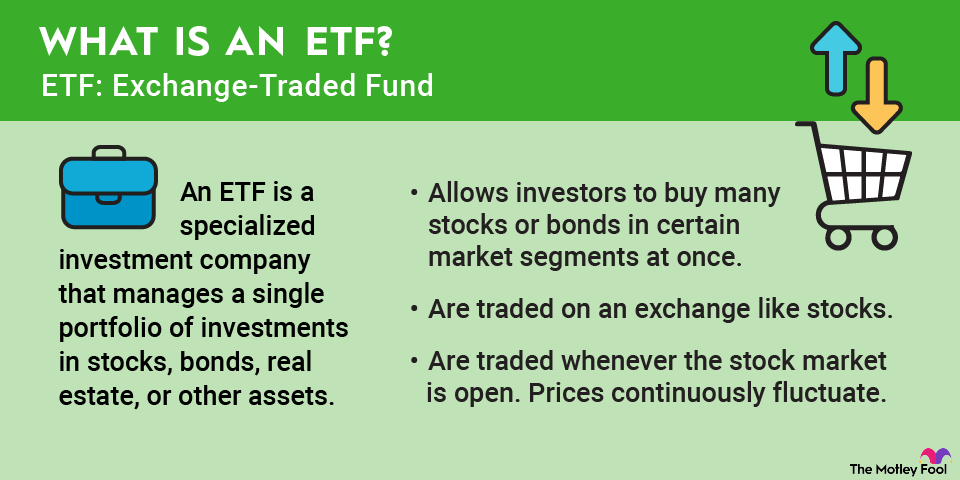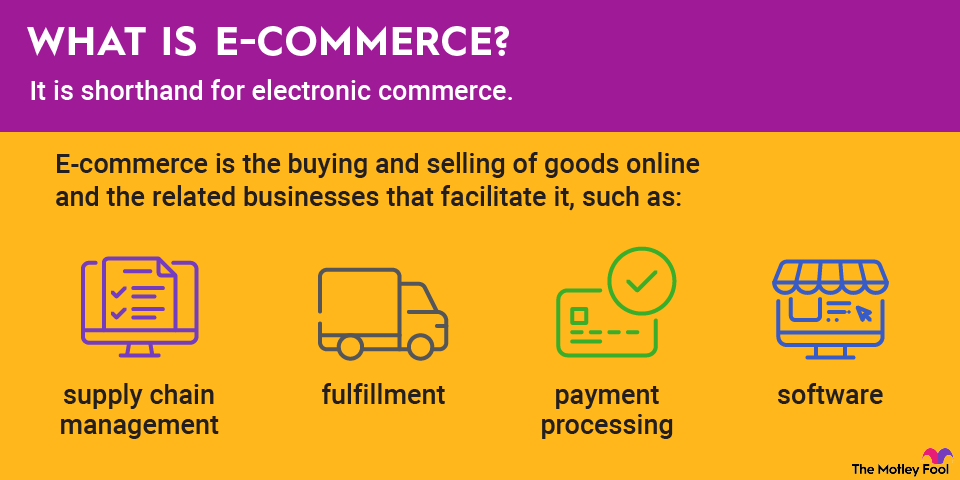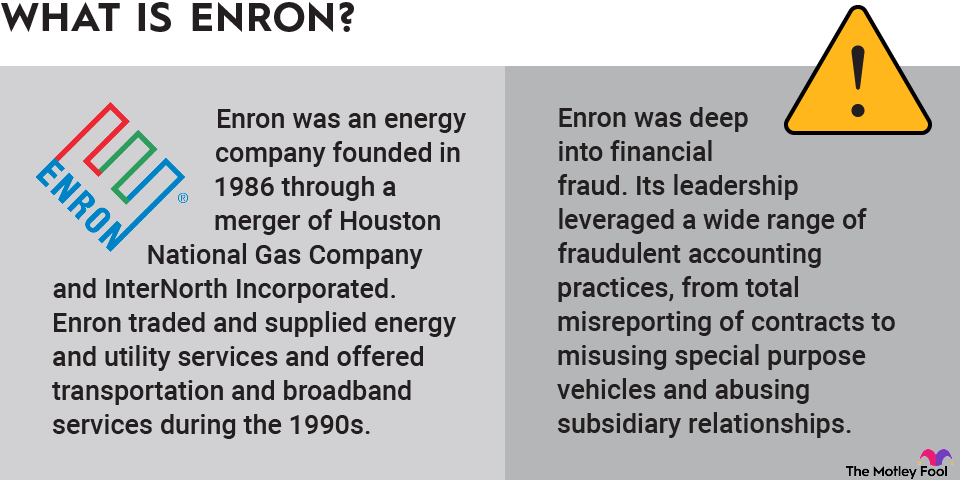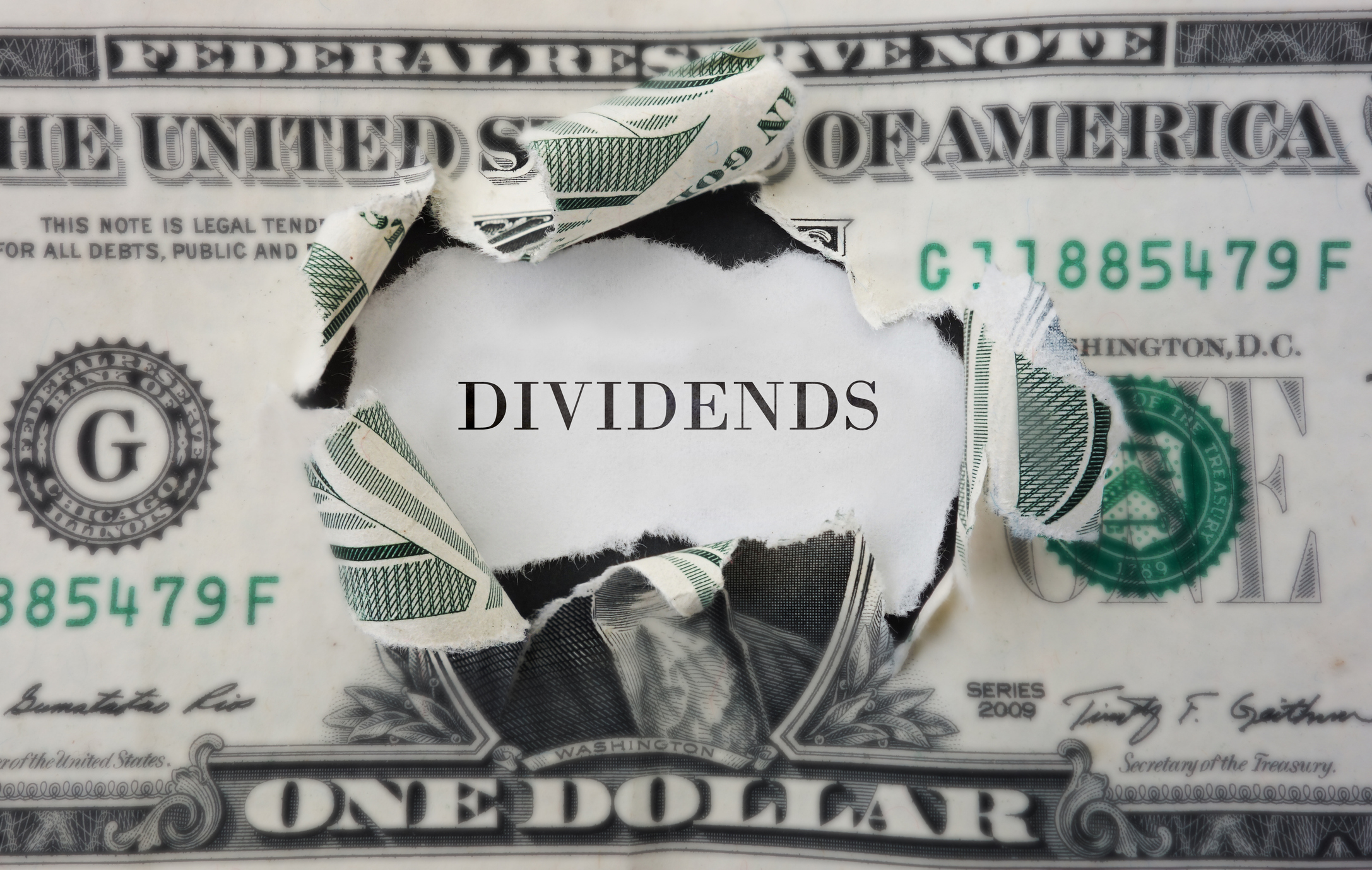What is equity?
Equity, generally speaking, is the value of what you own. It’s a very simple concept, but one that we don’t consider enough as investors. For first-time investors or people considering a new investment, the term may turn up again and leave them looking for a better understanding of the concept.
Like the equity in your home, the equity in your investments is the value of your investments, less any money you have borrowed against them. Say you borrowed $250,000 against your $350,000 home, leaving you $100,000 in equity. If you then bought $150,000 in investments but had to borrow $50,000 against the purchase to do it, you’d still have $100,000 in equity. Easy, right?



















